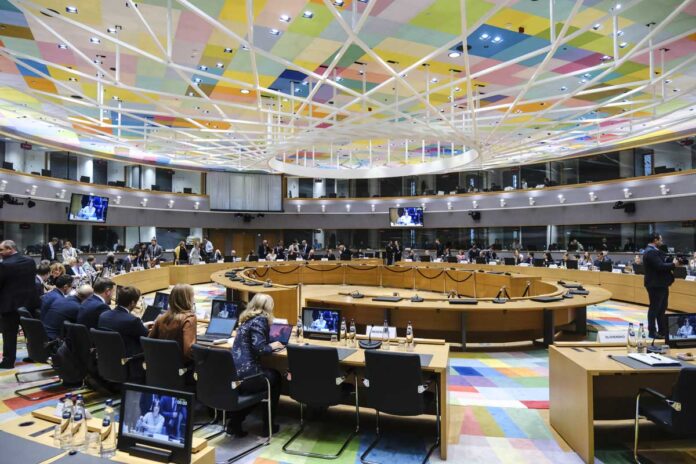NEWS BRIEF
European Union ambassadors have unanimously agreed to advance a landmark proposal to completely phase out Russian oil and gas imports by 2028, clearing a critical political hurdle. The plan, which will now proceed to a final vote by EU ministers on October 20, is designed to systematically dismantle the Kremlin’s largest source of revenue for its war in Ukraine. While the proposal has garnered broad support, it faces opposition from Hungary and Slovakia, who remain dependent on Russian energy and would be required to submit national plans to comply with the phase-out.
WHAT HAPPENED
- EU ambassadors approved the political framework to end Russian oil and gas imports by 2028, forwarding it to ministers for an October 20 vote.
- The law would ban new Russian gas contracts from 2026 and phase out existing long-term contracts by January 2028.
- Hungary and Slovakia—still reliant on Russian energy, would be required to submit national phase-out plans.
- France and Italy support the ban but seek flexibility on LNG import checks to ensure smooth enforcement.
WHY IT MATTERS
- The move represents Europe’s most decisive step yet to sever decades of energy dependence on Russia since the 2022 invasion of Ukraine.
- Cutting Russian gas, which once supplied 45% of EU needs and now accounts for 12%, would cripple a key revenue stream for Moscow’s war effort.
- The vote signals strong EU unity on Ukraine, despite vocal resistance from pro-Russian governments in Budapest and Bratislava.
- Accelerated LNG sanctions, proposed for 2027, reflect growing urgency to tighten economic pressure on the Kremlin.
IMPLICATIONS
- Energy Security: Europe must fast-track alternative gas supplies and renewables to avoid price spikes or shortages.
- Diplomatic Cohesion: Hungary and Slovakia’s compliance will test EU solidarity and enforcement mechanisms.
- Global Markets: Russian gas will be redirected to Asia, reshaping long-term trade flows and pricing structures.
- Ukraine Support: Denying Russia energy revenue could weaken its military capacity and strengthen Kyiv’s position.
This briefing is based on information from Reuters.


